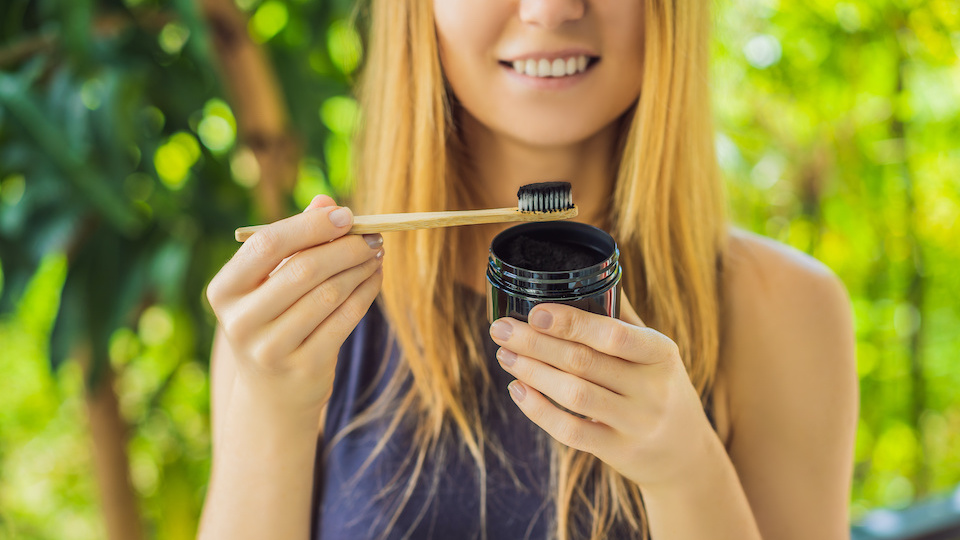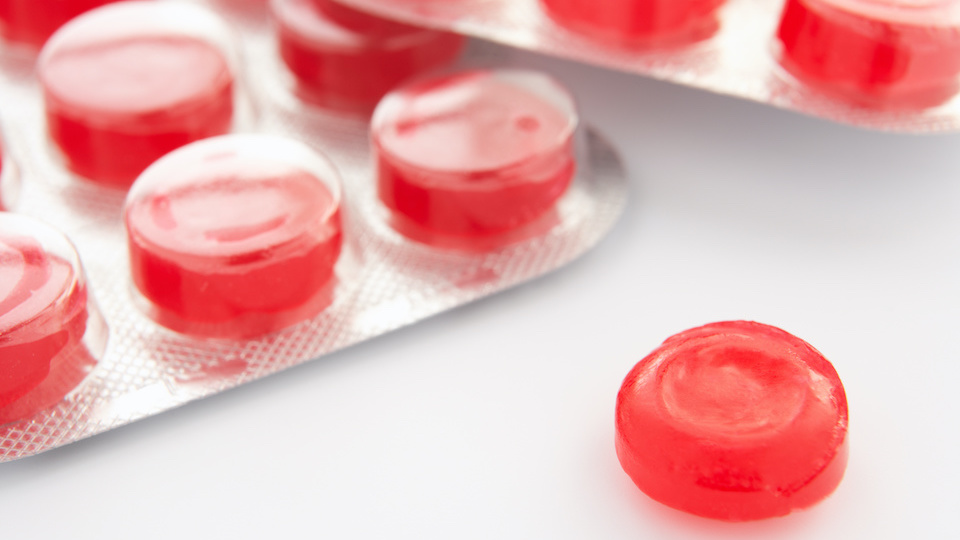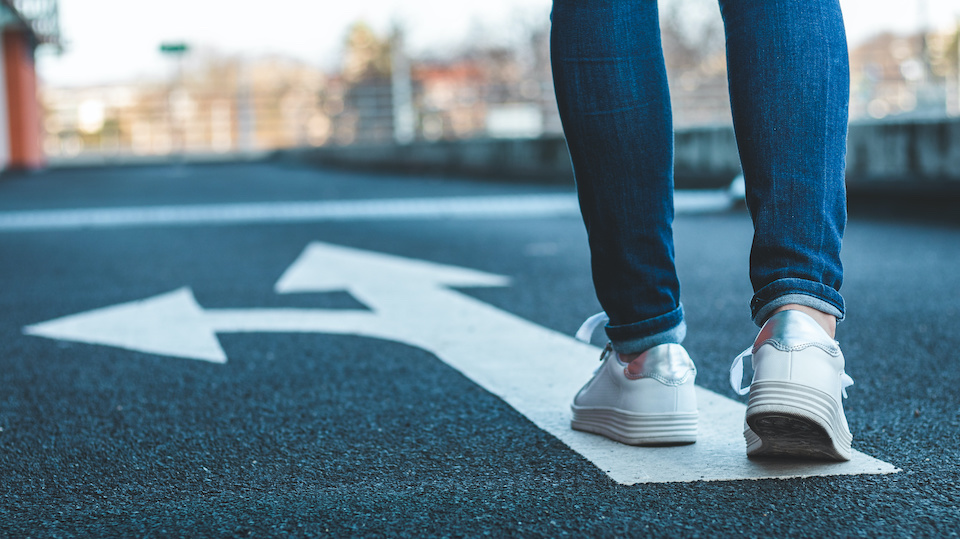It’s a familiar feeling. That tight aching soreness in your neck and shoulders. Stiffness in the low back when you wake up. The annoying tension in your hips and legs that keeps you up at night. I’ve been there too. Years ago, I had a pain like that in the muscles around my shoulder blade…the ones that form the rotator cuff. Trust me, I was never a star pitcher or quarterback…just a regular guy with the same problem that many of my patients complain about today — muscle tension.
Tightness or excessive tension in muscles is extremely common. In fact, there is a multibillion dollar industry of products and services entirely devoted to helping people loosen up. At some point in their lives, almost everyone has tried something to loosen up their tight or restricted muscles. Some of the most common approaches include:
- Yoga or stretching exercises
- Baths, hot tubs, or saunas
- Meditation or stress management practices
- Manual or electric massage tools
- Heating pads
- Muscle gels or creams
- Massage, physical therapy or chiropractic
- Supplement or herbal muscle relaxers
- Pharmaceutical prescriptions.
You could think of all of the above as “muscle relaxing hacks” and most of them are fairly harmless, some will offer temporary relief, but very rarely do any of these so-called “remedies” provide lasting or long-term relief.
There’s a good reason most of these treatments aren’t effective in the long term. Here’s a little-known secret — these “hacks” almost never address the root cause of the condition:
Muscle tension is often the result of underlying muscle weakness.
Understandably, when people have tight muscles, they want them to be looser. They think that if they can just dig deep enough with that new tool, or if they add enough epsom salt to the bath, or if they just find the right massage therapist, that the muscle tension will finally go away. It makes perfect sense…and at one time I believed it too. But I don’t think I’ve ever met a patient who has told me that any of the treatments listed above turned out to be a long-term solution.
A Life-Altering Stumble
One dark evening several years ago, I stepped off of curb that I didn’t see. My foot hit the ground (which was 6 inches lower than I expected) and I immediately felt a shockwave right up through my leg, into my knee, my hip, my back and up my spine to the very top of my neck. I didn’t even fall down, but I was sore all over the next day. The best lessons come from personal experience, and even with my extensive medical training, that day I got a first-hand education on how my muscles act as shock absorbers for my joints. That jolt was a shock to my system that entirely changed the way I think about (and treat) muscle tension.
When muscles are strong, they do a better job of cushioning the impact and protecting the joints from everyday activity. When muscle are weak, the joints that they protect become vulnerable. Your body senses this vulnerability, and it compensates by contracting or tightening those muscles pathologically. Weak muscles ⇒ tight muscles.
So, if you are suffering from muscle tension and you really want to get at the root cause, you need to focus in building strength in the muscles that are tight. Less stretching, more squats. Less yoga, more pushups. It may sound counterintuitive, but it works. The following strength building exercises are some of the most useful. Of course, it’s best to start off slowly and gradually increase the challenge as your muscles get stronger.
Muscle Strengthening Exercises
- Body-Weight Squats — This exercise is great for your whole body, not just your legs. Start by standing with your feet slightly wider than your hips. Stand as tall as you can, then lower your body by pushing your hips back first and then bending at the knees. Hold your down position for two seconds, then slowly return to your standing position. Rinse and repeat 10 to 15 times.
- Wall Squats — This is a great exercise for preventing runner’s knees. Start by standing with both your head and back against a wall. Next, place your feet shoulder-width apart (about 18 inches from the wall) while keeping your arms at your sides. Then, gently lower your body into a squat position until your thighs are parallel to the floor. Hold until your reach your fatigue level. Gradually try and extend your hold position in subsequent sessions.
- Pushups — Start in a high plank position. Next, place your hands firmly on the ground, right underneath your shoulders. Try to keep your body straight and your weight evenly distributed. Then, gradually lower your body while keeping yourself as straight as possible (your butt should not stick out or be tucked in). Just before your chin touches the floor, push back to your starting position while exhaling. Repeat 10 to 15 times or until fatigue sets in. Can be done on knees if you’re not yet ready for a full pushup.
- Wall Pushups — This exercise is ideal for your triceps and for building strength before tackling regular or knee pushups. Stand at arm’s length from a wall. Next, extend your arms so your hands are flat on the wall at about shoulder height. Then, while inhaling press your body toward the wall as if doing a push-up. Finally, push yourself back up to your starting position while exhaling.
- Planks — Place your hands directly under the shoulders (slightly wider than shoulder-width apart) as if you were going to do a pushup. Hold that position for twenty seconds. Gradually increase the length you hold the plank. If you’re not ready for a full plank, try it on your elbows instead of your outstretched hands.
Massage therapists, heating pads, and prescriptions have their place. But don’t expect they’ll solve your muscle soreness once and for all. Now you understand that muscle tightness is a form of compensation related to muscle weakness.
To address the real underlying problem, I recommend trying some strengthening exercises like the ones we touched on above. They helped me cure my shoulder tension and I’m sure they will work for you too.
Take good care,
Dr. Joshua Levitt









